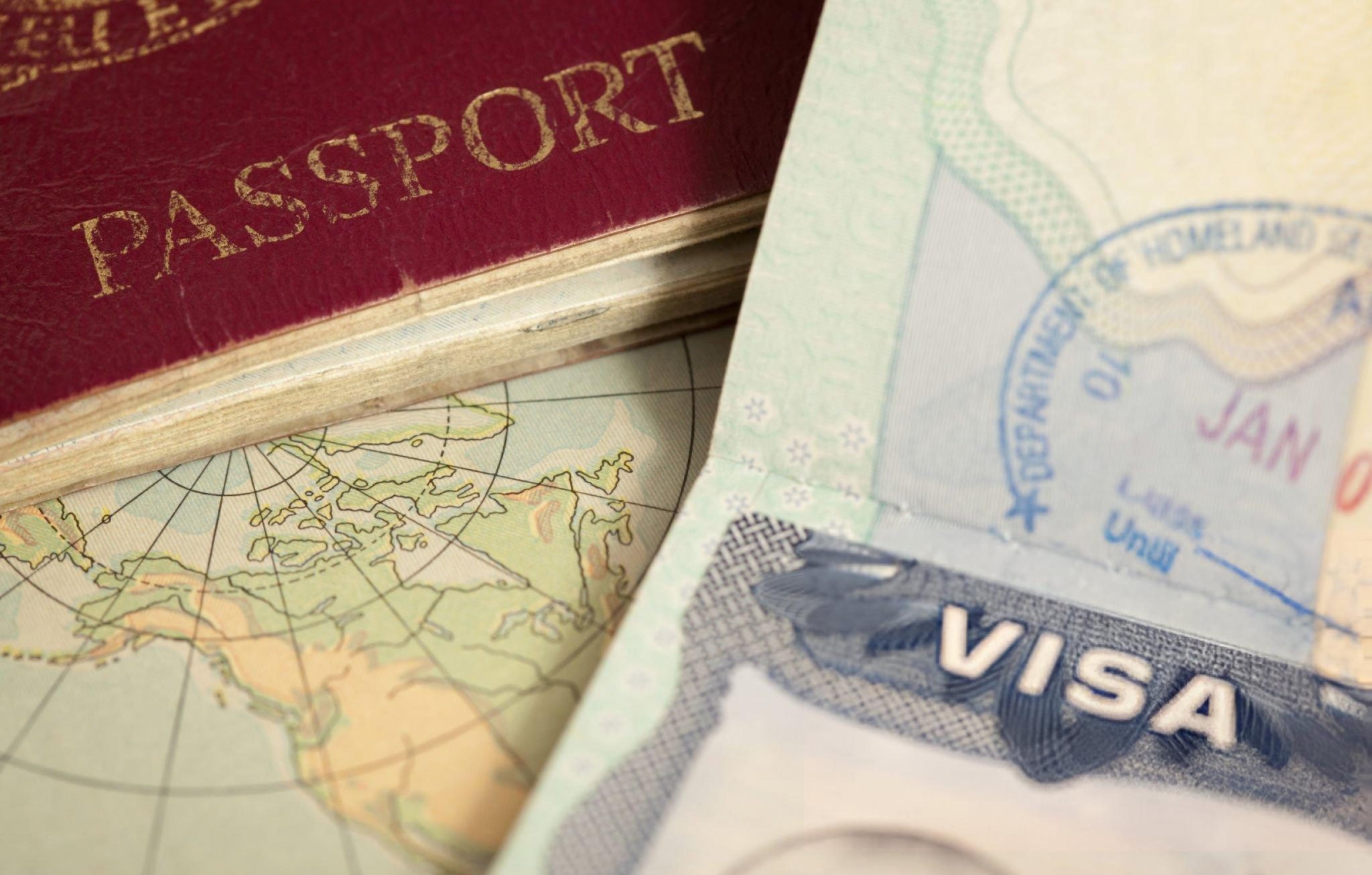UK unveils sweeping immigration reforms: Ban on recruiting care workers from abroad and end to automatic settlement after five years
In a significant overhaul of the United Kingdom’s immigration policies, the government has introduced a raft of reforms aimed at addressing what it describes as a “chaotic immigration system.” The new measures, announced by Home Secretary Yvette Cooper and Prime Minister Sir Keir Starmer, are designed to tighten border controls, reduce net migration, and promote integration of migrants already within the country.
One of the most striking aspects of the new reforms is the abolition of the automatic right to settle in the UK after five years. Under the revised policy, migrants will now be required to wait ten years before they can apply for settlement status, a move intended to discourage short-term economic migration and encourage greater commitment to the UK. This change signals a substantial shift from the previous system, which allowed many skilled workers to settle after half a decade of continuous residence.
The tightening of immigration policies comes in response to record-breaking net migration figures. According to official data, the net migration to the UK reached an unprecedented 906,000 in the year ending june 2023, slightly down from 728,000 the previous year. The figures have triggered widespread political and public concern over the sustainability of the UK’s social services and infrastructure.
In a bid to curb the inflow of lower-skilled workers, the government will also raise the skills threshold for work visas, reverting it to degree-level qualifications. For roles beneath this threshold, visas will only be issued in exceptional cases where acute shortages can be robustly demonstrated. However, a streamlined “fast-track” process will be introduced for professions deemed critical to the nation’s economy, including nursing, engineering, and artificial intelligence experts.
One of the most contentious aspects of the reform package is the ban on recruiting care workers from abroad. The new rule mandates that care providers must focus on employing individuals who are already resident in the UK. This decision is expected to significantly impact sectors reliant on overseas workers, particularly the social care sector, which has historically struggled with chronic staffing shortages. The government argues that this policy will reduce dependence on foreign labour and encourage participation from the domestic workforce.
Addressing concerns about exploitation within the care sector, Home Secretary Cooper stated, “Care companies should be recruiting from those who came to the UK as care workers in good faith but have since been exploited by unscrupulous employers. These individuals can have their visas extended, and companies can recruit from people already here on other visas. It’s time to end the practice of international care worker recruitment.”
In an effort to ensure migrants’ integration into British society, the government will also introduce stricter english language requirements for all visa applicants and their adult dependents. Prime Minister Starmer emphasised the importance of language skills in successful integration, saying, “When people come to our country, they should also commit to integration and to learning our language.” However, critics, including family support organisations, have raised concerns that the tougher language tests could divide families if partners or parents struggle to meet the new standards.
Additional reforms include the implementation of a digital ID system and e-visas for all foreign nationals, enabling the home office to monitor migrants’ legal status and ensure compliance with visa regulations. The government also announced tougher action against businesses found to be violating visa conditions, such as underpaying workers or misusing sponsorship schemes. Such businesses will face bans on hiring foreign employees.
Furthermore, the government has pledged to intensify the removal of foreign nationals who commit crimes in the UK. Since the current administration took office, nearly 19,000 foreign nationals, including criminals and those lacking legal status, have been deported.
The sweeping reforms have sparked fierce debate across political and civil society groups, with supporters hailing the measures as necessary to restore order to the UK’s immigration system, while critics warn of labour shortages and potential humanitarian concerns.






